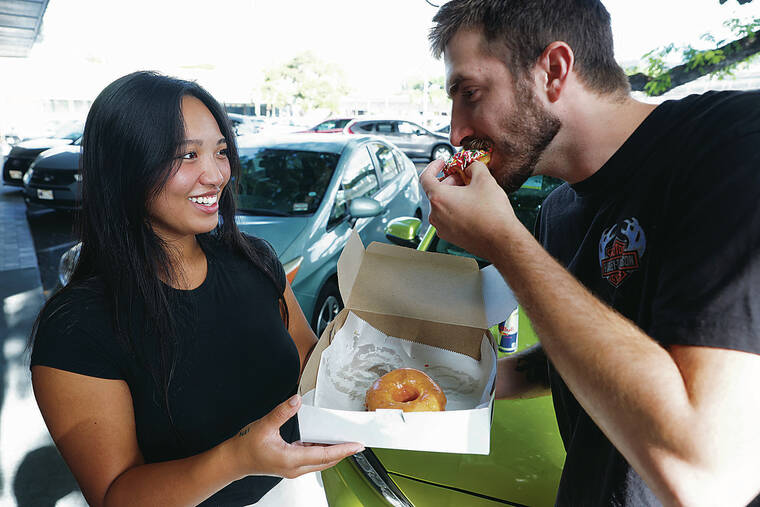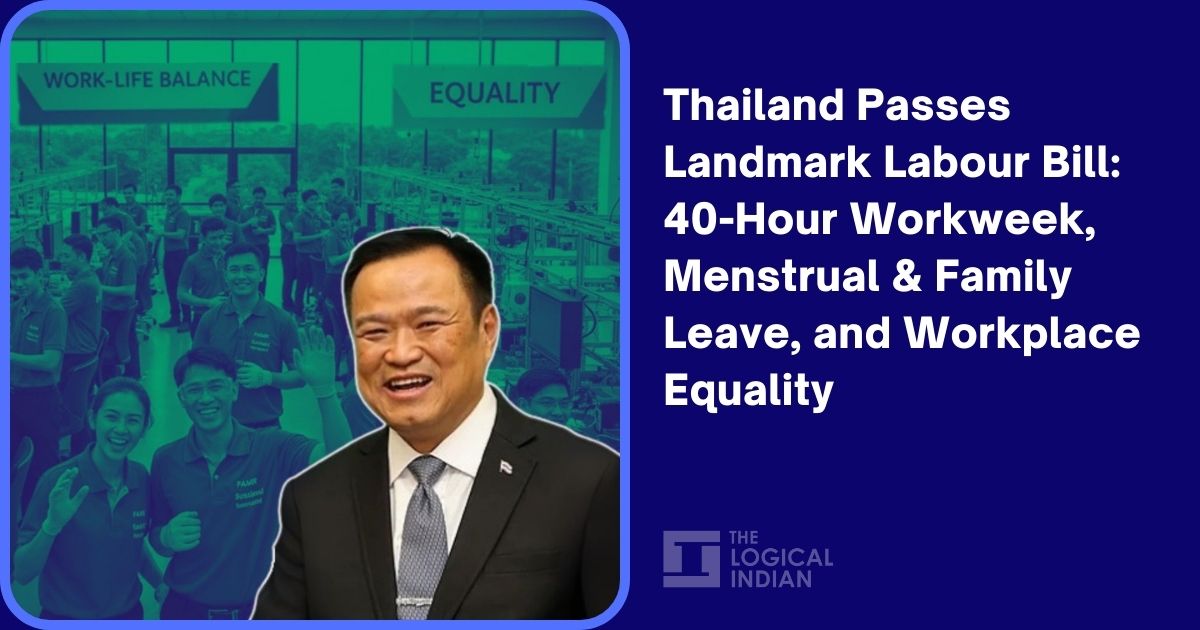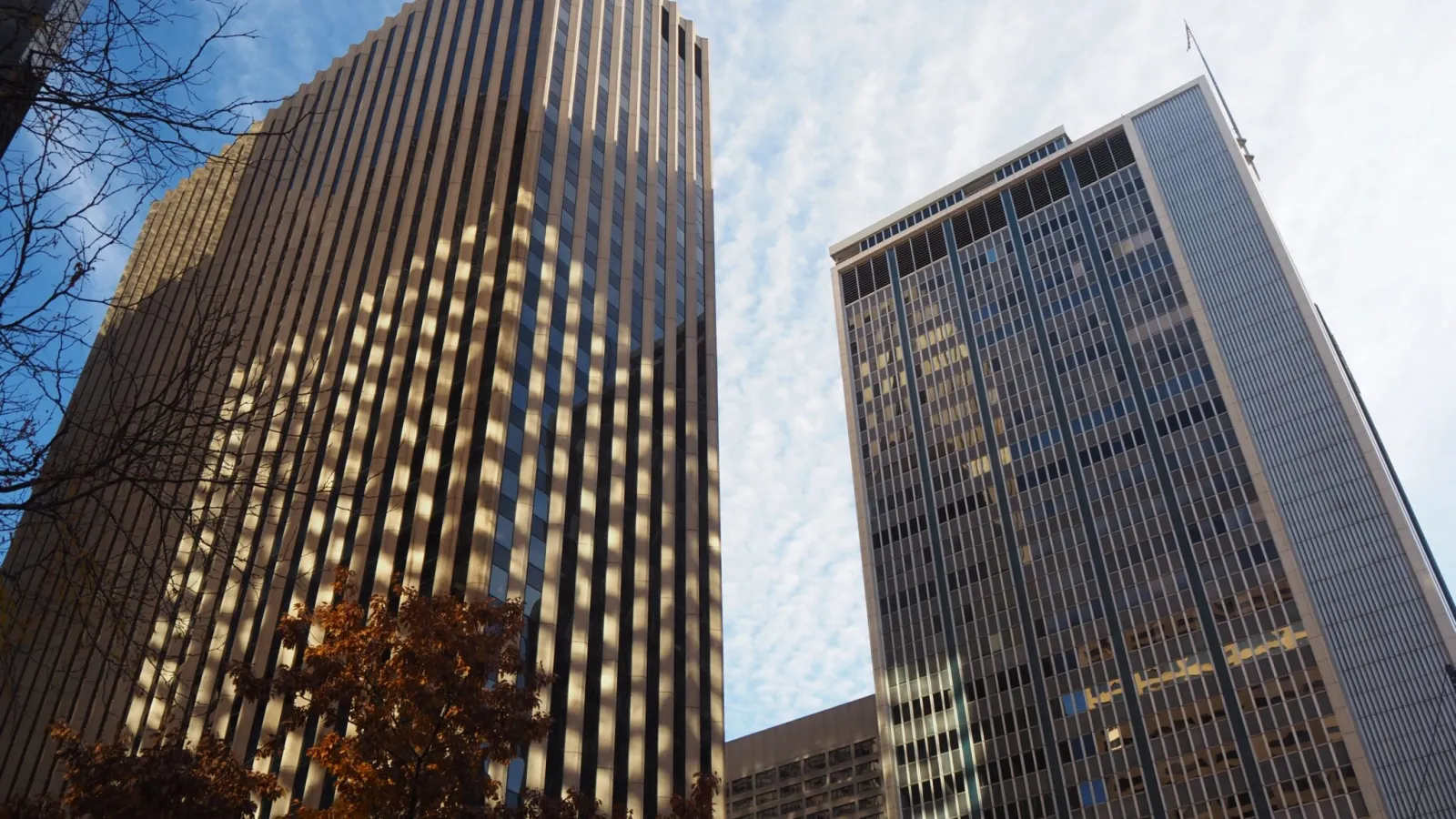By Dan Nakaso
Copyright staradvertiser

Kayla Chhun’s business classmates and instructors at the University of Hawaii talk constantly about the economy and the factors that are slowing it down, leading to expectations that a typical median-income Hawaii family will have to pay an additional $1,400 a year.
In her classes, much of the discussions focus on the reasons why prices are soaring, inflation is rising and a mild recession has been forecast by the UH Economic Research Organization next year in Hawaii: President Donald Trump and his economic and non-economic policies such as his ongoing deportations of undocumented immigrants that continues to affect the mainland and Hawaii economies.
“The political state is a topic,” said Chhun, 24, of Pearl City. “It’s affecting everyone. They have to talk about it. They definitely mention Trump.”
She and her boyfriend, David Soule, 26, have seen grocery prices jump about 10% since Trump took office in January and the cost of just about everything else — from their Hawaiian Electric bill to streaming services to shoes — also keep rising.
So she and Soule, a Navy reservist, now do most of their shopping at the Navy Exchange at Joint Base Pearl Harbor-Hickam and look for other ways to control their spending.
“We no longer go out as much,” Chhun said.
Last week, UHERO forecast a bleak economic future for Hawaii for the rest of the year and into 2026 with more job losses expected as federal immigration agents continue to deport immigrants and more federal workers are expected to end their job extensions on Tuesday.
This year’s slowdown in tourism also means less work needs to be done.
Alex Bishop, 42, of Kaimuki, works at a Waikiki escape room where business has slowed considerably as tourism has fallen from both mainland and international travelers, notably from Canada where Trump’s words and tariff war have kept Canadians away from traveling to Hawaii and much of the rest of the U.S.
Four workers used to staff a Friday night shift at the escape room, but now the business needs only two employees — and they often aren’t busy, Bishop said.
Last year he got a raise of about 6%, but it’s not enough to keep up with rising prices for just about everything, including his rent.
“Wages are not going up as fast as expenses,” he said, after buying two donuts for $10, which are now more expensive compared to a few months ago.
“Our business at work this year is worse than last year, which was worse than the year before,” Bishop said.
For much of this year, the downturn in Waikiki tourism can be measured by thinner crowds on the street and lower occupancy in hotels.
“Tourism is abysmal, absolutely,” Bishop said.
With SNAP benefits set to expire on Tuesday and Trump’s plan to raise costs for the Affordable Care Act and impose additional requirements for other recipients of federal support programs, Bishop worries how Trump cuts to nonprofit organizations will further harm lower-income residents.
“Nonprofit grants have dried up,” he said.
But everyone in Hawaii will be touched economically by Trump policies, according to UHERO.
Before Trump returned to the White House in January, Bishop said, “the economy was doing just fine.”
He could share his concerns with members of Hawaii’s congressional delegation, Bishop said, “but they’re already on my side.”
Husband and wife David and Vali Mitchell estimate that their costs have risen about 10% since Trump took office, including a jump in insurance rates on their Waikiki condo that rose 6%.
They own their own company and also have seen prices rise on office supplies and office equipment, such as new monitors and laptops.
Their 2022 Prius needed a new door, hood and windshield this year after an accident but Trump’s tariffs and trade war delayed delivery of replacement body parts from Japan for their Prius by two months.
Vali also takes online writing courses that originate in Canada, where the price of courses shot up from $197 to nearly $700 in just three months as Canadians push back.
Vali wore a white T-shirt with the slogan, “Stronger Than The Storm,” while grocery shopping with David as a show of solidarity for her daughter on the mainland, a teacher who was placed on administrative leave by the local school board that objected to a social media post that did not even mention Trump, the economy or assassinated conservative activist Charlie Kirk.
The daughter’s post merely quoted Mark Twain, who’s widely quoted as saying, “I’ve never wished a man dead, but I have read some obituaries with great pleasure.”
She became one of a wave of people across the country to be punished after employers complained about what they considered insensitive comments about Kirk.
Conservatives had long complained about what they called progressive “cancel culture” and have since rebranded their actions against people whose views they oppose — or consider offensive — as “consequence culture.”
Vali blamed it all on “the dramatic shift in the administration’s priorities.”
Next year should be even worse for Hawaii’s economy, according to UHERO.
Hawaii business already has been slowed by Trump’s tariff threats by waiting on the effects of import costs — or by stockpiling supplies — ahead of a ruling by the U.S. Supreme Court on whether to allow the tariffs to proceed.
If so, the only bright spot in Hawaii’s economy — construction — also could be hampered if builders face higher costs to import lumber, steel and other necessary construction materials, according to UHERO.
“Inevitably, U.S. and Hawaii residents will be unable to avoid paying higher prices for many of the goods they consume,” UHERO wrote in its third-quarter economic outlook last week.
Gary Muraoka, a 70-year-old retiree from Palolo, lives on a fixed Social Security income and already pays more for groceries, especially his favorites — eggs and fresh produce, which have gone up in price.
Produce, in particular, should continue to cost more as Trump’s immigration raids deport undocumented workers who tend to farms.
“Toothpaste, grapes, Gatorade, pretty much everything is higher than last year,” Muraoka said. “But I buy ’em because I like eat eggs in the morning.”



